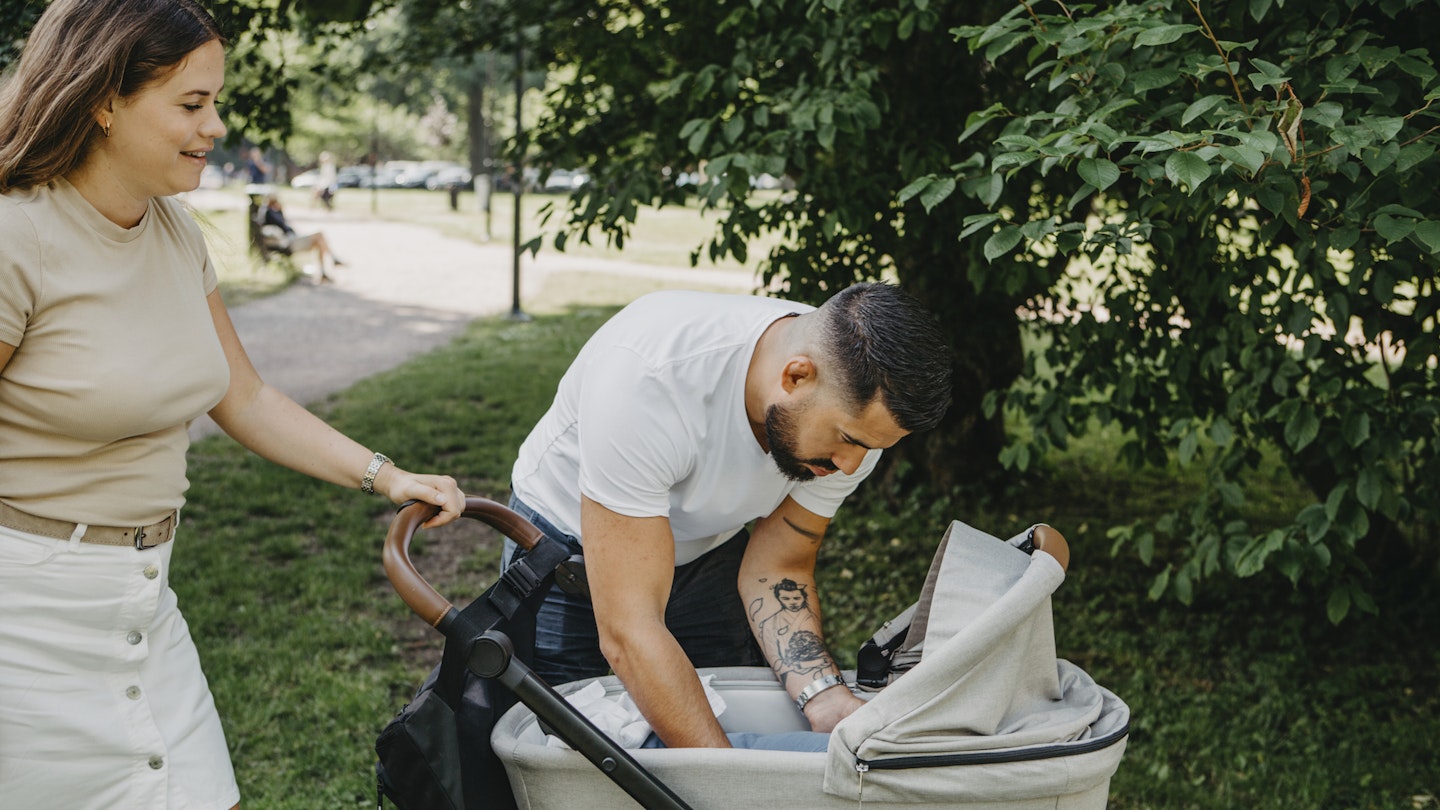So here’s another thing to feel guilty about - alongside working too much, not working enough, caring too much about our appearance, or too little - we are also not having enough babies. My reaction to the headline ‘British ‘baby shortage’ could lead to economic decline, says thinktank’ this week was, like many other women: Are you kidding me?
I rattled off a tongue-in-cheek-but-absolutely-serious tweet: 'Tell you what lads- fix #maternitycare so we feel safe, fix #childscare so working doesn’t cost more than our wages,fix #maternitydiscrimination so we don’t get sacked, make work #flex so we can do our jobs and have kids and we’ll think about having more.'
It struck a nerve. That sound you heard as the Social Market Foundation (SMF) suggested investment in better parenting policies such as affordable childcare and better leave entitlements? The thwack of 33.46 million women throwing a hand to their foreheads in unison. Why didn’t we think of that?
So, to any politician who read that report with a twang of anxiety and might, for once, be inclined to listen to actual working women: here’s a wish list.
Let’s start at the beginning: too often pregnant women in this country do not feel safe. This week the NHS watchdog warned that failing maternity wards are still jeopardising mothers and their babies. The situation is scarier still for Black women, who are four times more likely than white women to die in pregnancy or childbirth in the UK. Throughout the pandemic too many pregnant women heard they had lost their baby entirely alone - because their partner could go to the pub, but couldn’t accompany them to scans. We need more investment in maternity care, fast.
If women do get pregnant, they too often fear losing their income.
If women do get pregnant, they too often fear losing their income: at the last best guess it was estimated that around 54,000 women lose their jobs because of maternity discrimination every year. The ever excellent campaign group Pregnant Then Screwed have suggestions to tackle that - beefed up redundancy protection and an independent body to report the use of non-disclosure agreements which hide unlawful discriminationn would be a start.
And then there’s the cost. The eye-watering, up-at-night worrying, often life-limiting cost of putting your kids in childcare, which accounts for 22% of the income of typical British working parents. I’ve heard from dozens of women who have given up their jobs because their wages didn’t cover their nursery bill, who got into mountains of debt, relied on food banks, who cried themselves to sleep with worry.
A recent excellent campaign from Grazia and Pregnant Then Screwed, which saw more than 130,000 people sign a petition for better childcare and force a debate in parliament, called for an independent inquiry into affordability and funding of childcare. The government says it's helping parents like never before - if it’s confident about that, hold the inquiry and stop ignoring this wail of desperation.
We also need policy and a societal shift so we stop thinking about this solely as a women’s issue. Shared Parental Leave is all well and good for those eligible (around 40% of couples, according to the TUC), but five years after it launched take-up remains woefully low at between 2-4% - we need a take-it-or-leave paid leave for fathers. All the evidence suggests this works, and that dads are more likely to be engaged in childcare in the longer term. To make that possible we need truly flexible work as the default, not just the right to ask for it as the government promised this week. That would allow all parents to juggle looking after those useful future tax-payers while, you know, paying their own tax.
Of course, improving the lives of working women won’t necessarily increase birth rates, which are falling in many places across the globe, for multiple reasons including economic instability, house prices and parenting policies as well as the accessibility of contraceptives and, thankfully, a growing societal acceptance of child-free lives.
There are also powerful arguments against pushing for more babies - including the terror that many of us feel about bringing kids into a world blighted by the climate emergency. But that is not really the point. As the authors of this week’s study pointed out declining fertility rates 'often merely provide another reason to do things the government should probably do anyway.' So I tell you what, lads, please listen to us when we say we need better parenting policies, but not just because you want us to have more babies, but because it’s the right thing to do.
READ MORE: 'Let's Show That We Won't Accept No For An Answer'
READ MORE: 'Why I'm Child-Free, Not Child-Less'
READ MORE: Why Are Millennials Not Having Children?
